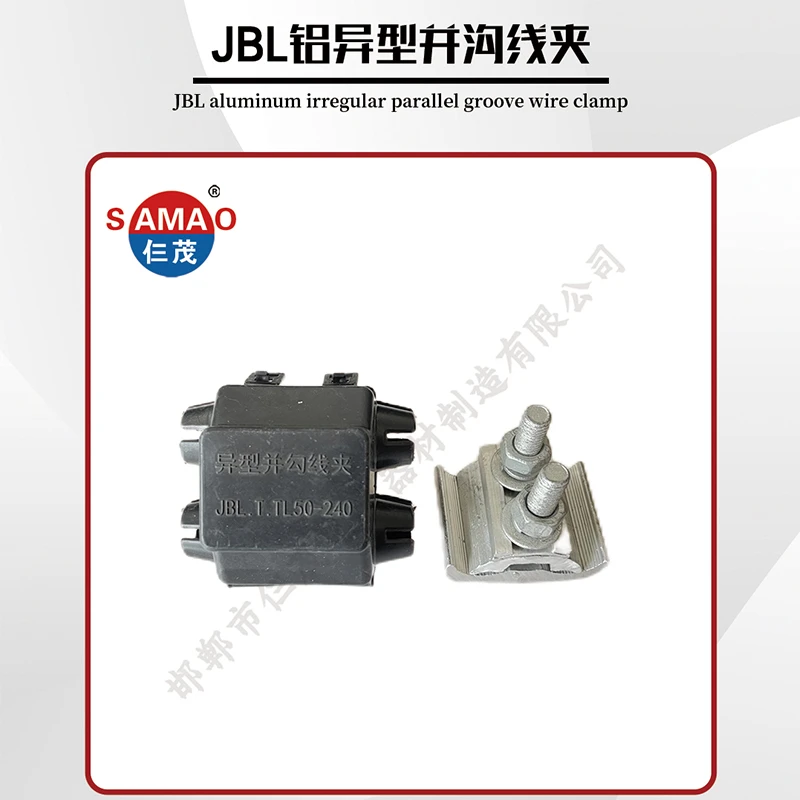Grounding Electrical Panels for Enhanced Safety and Performance
The Importance of Grounding in Electrical Panels
Grounding, in the context of electrical systems, refers to the process of connecting the electrical system to the earth to ensure safety and proper functioning. One of the most critical aspects of electrical installations is the grounding of electrical panels. This practice is essential for protecting both people and equipment from electrical faults and ensuring that electrical systems operate efficiently.
What is Grounding?
Grounding involves creating a direct physical connection between the electrical system and the earth. This is typically achieved through ground rods or conductive materials buried in the ground. The primary purpose of grounding is to provide a safe path for excess electrical current to flow, preventing dangerous shock hazards and minimizing the risk of fire caused by electrical faults.
.
1. Safety from Electric Shock One of the main reasons for grounding electrical panels is to protect individuals from electric shock. In the event of a fault within the electrical system, such as a short circuit, grounding directs the excess current safely into the ground rather than through a person who might touch an exposed part of the electrical system. This protective measure significantly reduces the likelihood of serious injuries or fatalities.
تأريض اللوحة الكهربائية

2. Equipment Protection Grounding also plays a crucial role in protecting electrical equipment. Voltage surges, such as those caused by lightning strikes or power surges, can lead to severe damage to sensitive electrical devices. By providing a path for excess voltage to dissipate into the ground, grounding systems help prevent irreversible damage to machinery and electronic components.
3. System Stability Grounding contributes to the overall stability of the electrical system. It helps maintain voltage levels and ensures that the system functions properly under various operating conditions. By stabilizing the voltage, grounding reduces the risk of flickering lights and improves the performance of electrical devices.
4. Compliance with Electrical Codes Most regions have strict electrical codes and standards that mandate the grounding of electrical panels. Adhering to these codes is essential not only for compliance but also for ensuring that electrical installations meet specific safety and performance criteria. Non-compliance can result in penalties and increased liabilities for property owners and contractors.
5. Lightning Protection In areas prone to thunderstorms, grounding electrical panels provides an additional layer of protection against lightning strikes. A properly grounded system can help dissipate the energy from a lightning strike safely into the ground, preventing damage to the electrical infrastructure and connected devices.
Conclusion
Grounding electrical panels is a fundamental aspect of electrical safety and system reliability. It protects individuals from electric shocks, safeguards equipment from damage, stabilizes voltage levels, ensures compliance with regulations, and provides protection against lightning. For property owners and electricians, understanding the importance of grounding and implementing proper grounding practices is essential for maintaining a safe and efficient electrical system. Neglecting this crucial step can lead to severe consequences, underscoring the need for thorough attention to grounding in all electrical installations. As technology continues to evolve and electrical systems grow more complex, the significance of reliable grounding will only become more pronounced, highlighting the need for continued education and awareness in electrical safety.
-
Strong Hold with Constant Tension Hose ClampsNewsAug.08,2025
-
Smart Power with LV & MV SwitchgearNewsAug.08,2025
-
Smart Connection with Parallel Groove Clamp PriceNewsAug.08,2025
-
Secure Wiring with Overhead Line ClampNewsAug.08,2025
-
Safe Grounding with Earthing Type ElectricalNewsAug.08,2025
-
Power Up with Smart Electrical Equipment TodayNewsAug.08,2025
-
State Grid Sichuan Electric Power's 2023 Provincial Company Agreement Inventory Bidding ProjectNewsNov.21,2024




